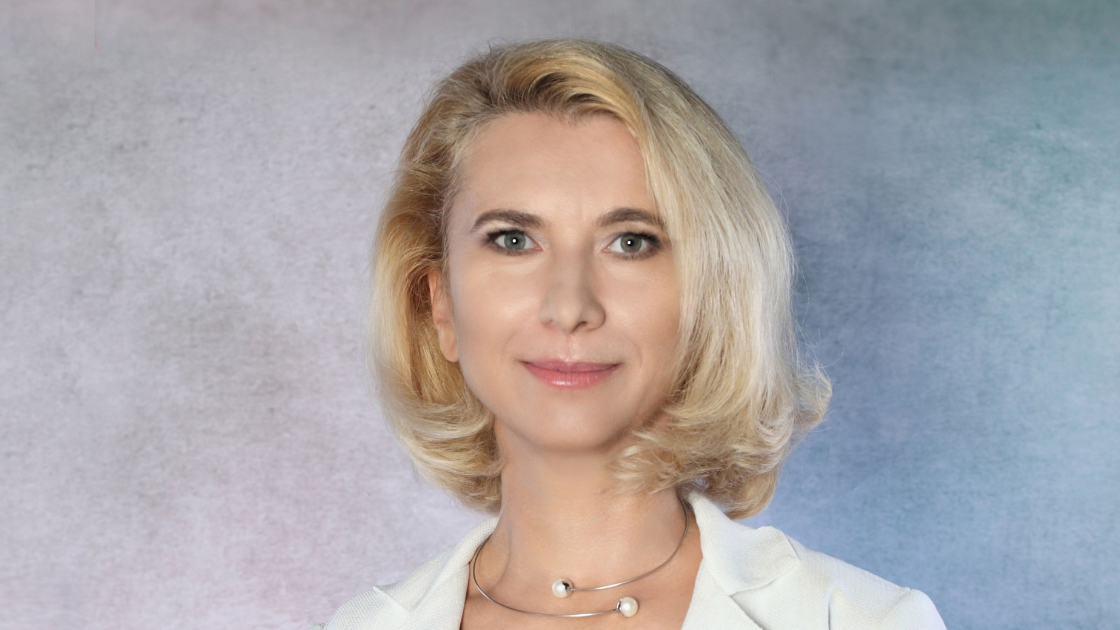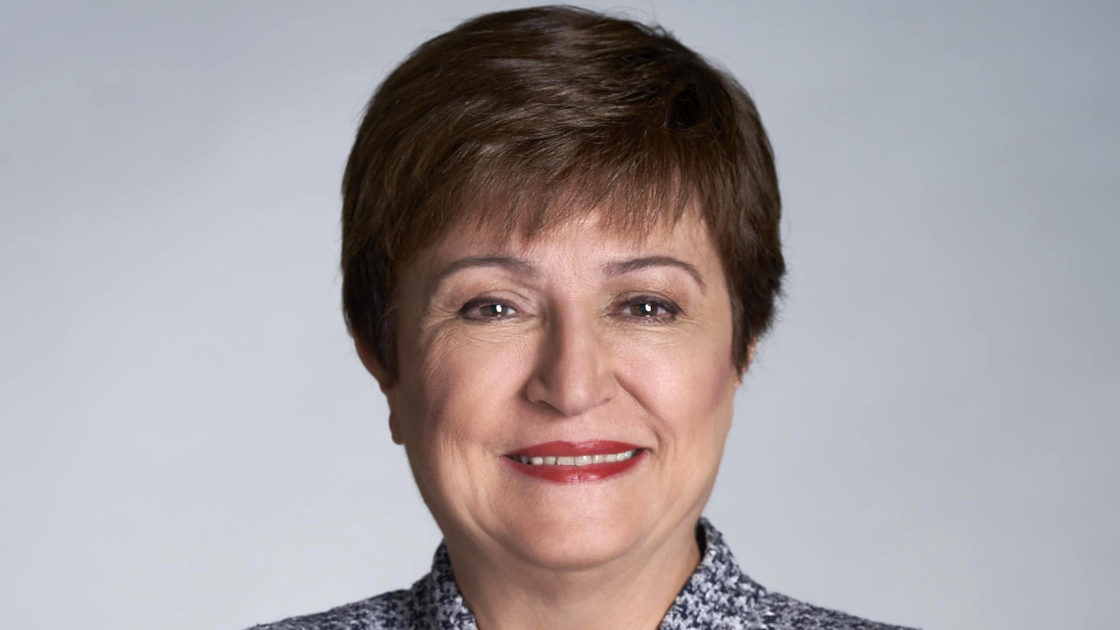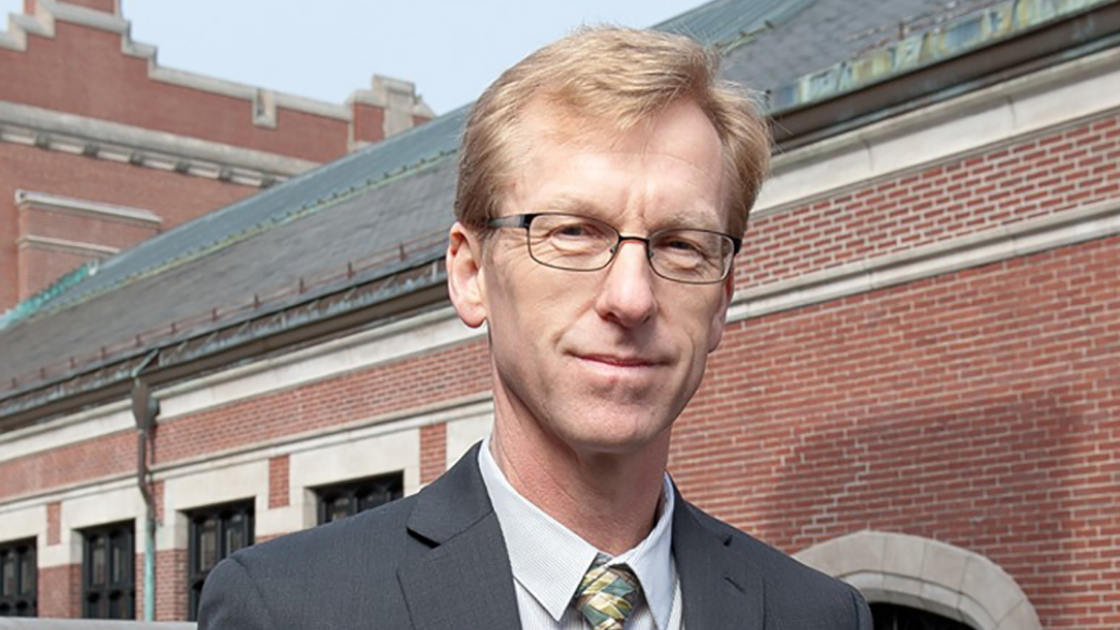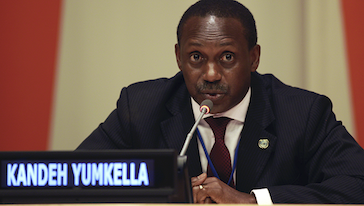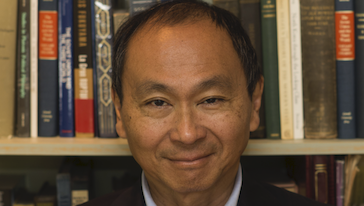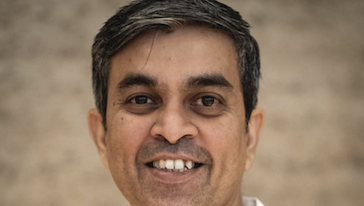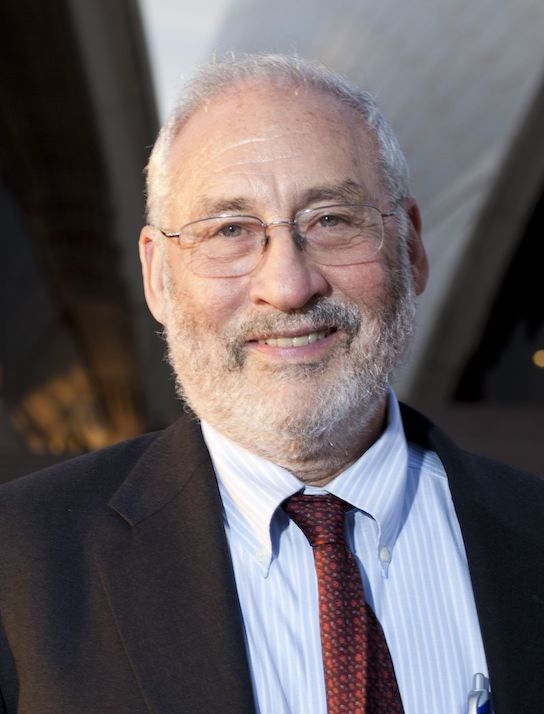Royston Braganza is a CEO of Grameen Capital which aims to provide debt financing to social enterprises across sectors such as affordable education and skill development, affordable healthcare, clean energy & innovation, agriculture, financialinclusion and livelihoods. Having a background in banking being in his earlier assignment a head of HSBC’s SME Business and Senior Vice President with HSBC, Royston Braganza was instrumental in setting up and heading HSBC’s Microfinance & Priority Sector business inIndia. Prior to that, he worked in Citibank India for over 8 years in various assignments across both the Consumer Bank andthe Corporate Bank.
In his talk titled Reimagining Ways To Achieve SDGs – Innovations In Finance And Digitalisation, Royston Braganza pondered on how to respond to crises, how to make our life better, greener, cleaner and more inclusive. Keeping in mind that people are all interconnected in today’s world, he made it elear to reimagine the innovation and moving forward by focusing on two areas, finance and digitalisation. Considering the current health crisis which tums into an economic crisis and theninto a humanitarian crisis, it affects every part of life, state-wise and individual-wise. The urge to reimagine capital, whichshould be a capital with conscience. Covid-19 has distracted the norrnality but it is also an opportunity to build new systemsbłock by błock. A crisis urges to rethink values and actions and can cause a boost to build greener and inclusive life, as it has been said by the speaker: „In terms of digitalisation, it changes everything and helps to improve life. At the moment, we use mobile phones for contact tracing, whether in India, Nairobi or Riviera, the situation is the same. We use newtechnologies – solar power in Africa; AI, machine learning.
They say that data is the new oil. It’s actually better than oil because you can use data several times, and creatively. We nowneed to leam how to use it for making life better, and we should focus on serving every single person, so nobody is leftbehind.”
The speakers used an example of Grameen Foundation that in 2007 acknowledged that 400M people in India have to live with 2$/day and set a goal to bring microfinancing to 400M people via helping microfinancing companies to raise capital.Eventually and gradually microfinance NGOs tumed into mainstream banks and in 2008, through these NGO tumed into banks, Grameen had emphasised the impact on 52M clients, affecting the lives of about 300M people counting in the familymembers. Microfinancing has been a positive story, showing that one can do good and do well at the same time. lt is possible to make profit by facilitating affordable healthcare, education or housing to people who very much need it. This sentiment has been echoed in every aspect of life, including in churches and company boards. Now impact has become mainstream and fast growing, supporting the achievement of SDGs. Thanks to Grameen Foundation, 200M accounts were opened in a very short period in India, which was supported by the fact that 1B people got an ID, and that mobile technologycan be used. Nowadays, it is obvious that companies invest in their employees, are customer centric, reimagining the way todo business.
Royston Braganza also focused on ways to attract mainstream capital to combat the consequences of Covid-19 in his lecture, which tums to be the most relevant issue and barrier to achieve SDGs. Again, using an example of Grameen Foundation that has shown that taking a bigger risk can pay off – the foundation created an impact fund and distributed it in smaller shares of it to smaller distributors (at the moment it is a Covid-19 impact bond, which supports women artisans who get a monthly stipend and a training, which will help them to overcome the difficulties created by the pandemie). The existing models, Royston mentioned, are transferrable to other SDGs, for example to the climate: when big companies like Shell or Nesquik become funders of the bond, it should be distributed to communities through smaller NGOs and entities to fund activities and create impact at grass root level. The existing models can be scaled by awareness raising, and by creating one’s own networks.
Concluding the lecture, Royston Braganza mentioned that Grameen Foundation imagines financing the sustainable developmentgoals 1) through technology, 2) by measurement (for example, avoid green washing and rely on facts), 3) by results-basedapproach – by paying not for building a hospital but paying for a health outcome, 4) using a total ecosystem approach, i.e. taking into account that everyone is connected, and therefore we need to work together, 5) by the principle of universal inclusion.
